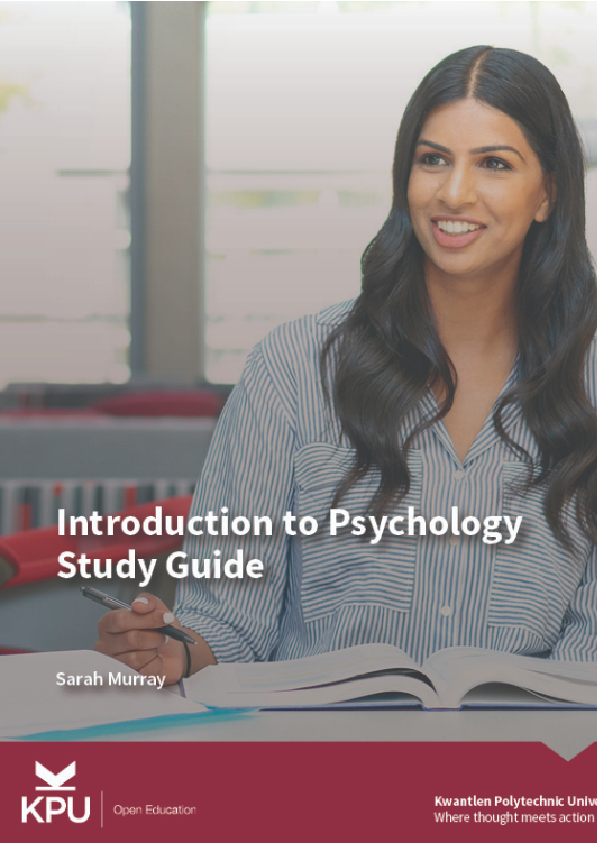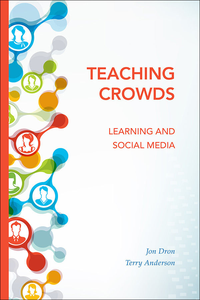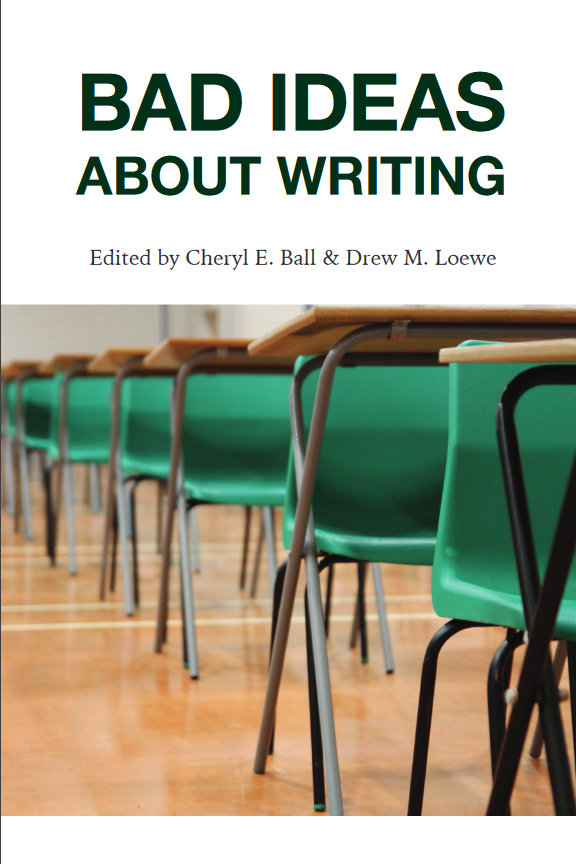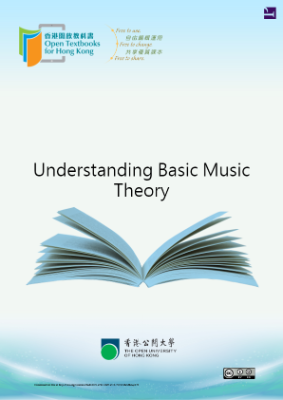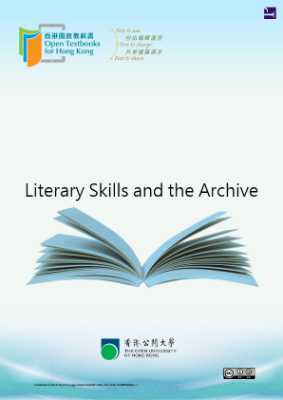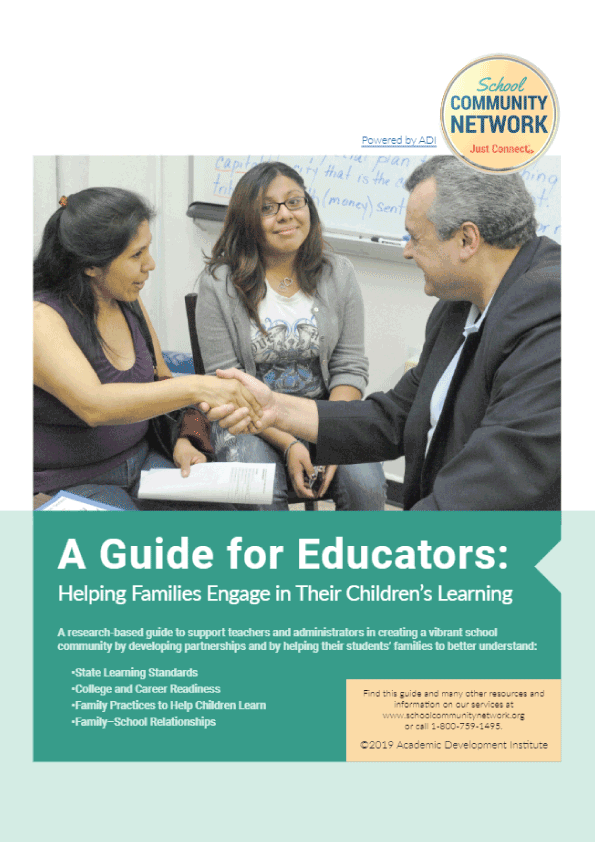Before/During Class
Before class skim through the material that will be covered to give yourself an overview, this will make it much easier to follow the class. During class do NOT try to write down everything the professor says! Pick out the important points but write enough so that your notes will make sense later ……. something like “studied rats” is not likely to help you remember the material a few weeks later but “rats able to remember maze for 24 hours” might.
After Class
Whenever possible you should review your notes a few hours after the class. If they don’t make sense now then at least you might be able to remember enough to improve them.
Studying for Exams
Exams will be much less stressful if you spread your studying out over a few weeks or at least a few days rather than just waiting until the night before the exam. Research has shown that reviewing material multiple times is a great way to help you remember it.
Learning Objectives
The Learning Objectives listed for each chapter are a good starting point for your studying. Review them before you study the chapter and, when you have finished, make sure you can complete each of the objectives.
It is also VERY IMPORTANT to frequently test your memory for the material: flash cards, practice questions, explaining the material to a friend etc will show you whether you actually know your stuff!
Remember to ask your Prof. about the exam. What type of questions will be included (essay, multiple choice etc)? Are you expected to know names and dates?
Finally, when it comes to the exam – try to relax! Think of this as an opportunity to show off what you know.
FINALLY: Don’t ignore real-life resources such as your professor, other students, librarians, student services etc …… they can help and human contact is nice!
I am grateful to Kwantlen Polytechnic University for providing me with the time and resources to complete this guide. Special thanks to Caroline Daniels (KPU librarian) without whose expertise, ingenuity and hard work this guide would still be on a USB stick.
This study guide is designed to accompany the Introduction to Psychology – Ist Canadian Edition open text by Jennifer Walinga and Charles Stangor (https://open.bccampus.ca/find-open-textbooks/?uuid=8390d51e-0efe-493c-881c-cf86852a612f&contributor=&keyword=&subject=Psychology). For each chapter it summarizes the learning objectives and presents multiple-choice, true-false and fill-in-the-blank tests of the material covered. It provides links to resources to enable students to deepen their understanding of key topics and to explore related issues. Finally, it offers suggestions for hands-on activities relevant to each chapter.
After studying this chapter you should be able to:
- Explain why using our intuition about everyday behaviour is insufficient for a complete understanding of the causes of human behaviour.
- Describe the difference between values and facts and explain how the scientific method is used to differentiate between the two.
- Explain how psychology changed from a philosophical to a scientific discipline.
- List some of the most important questions that concern psychologists.
- Outline the basic schools of psychology and how each school has contributed to psychology.
TIP
As well as writing down your answer see if you can write down WHY the statement is true or false AND what else you can remember about the topic.
For example: Statement: The Structuralism school of Psychology was influenced by Darwin. Answer: False. Darwin influenced the Functionalists. Wundt was a Structuralist while James was a Functionalist. Structuralism focused on basic elements or building blocks of experiences.
